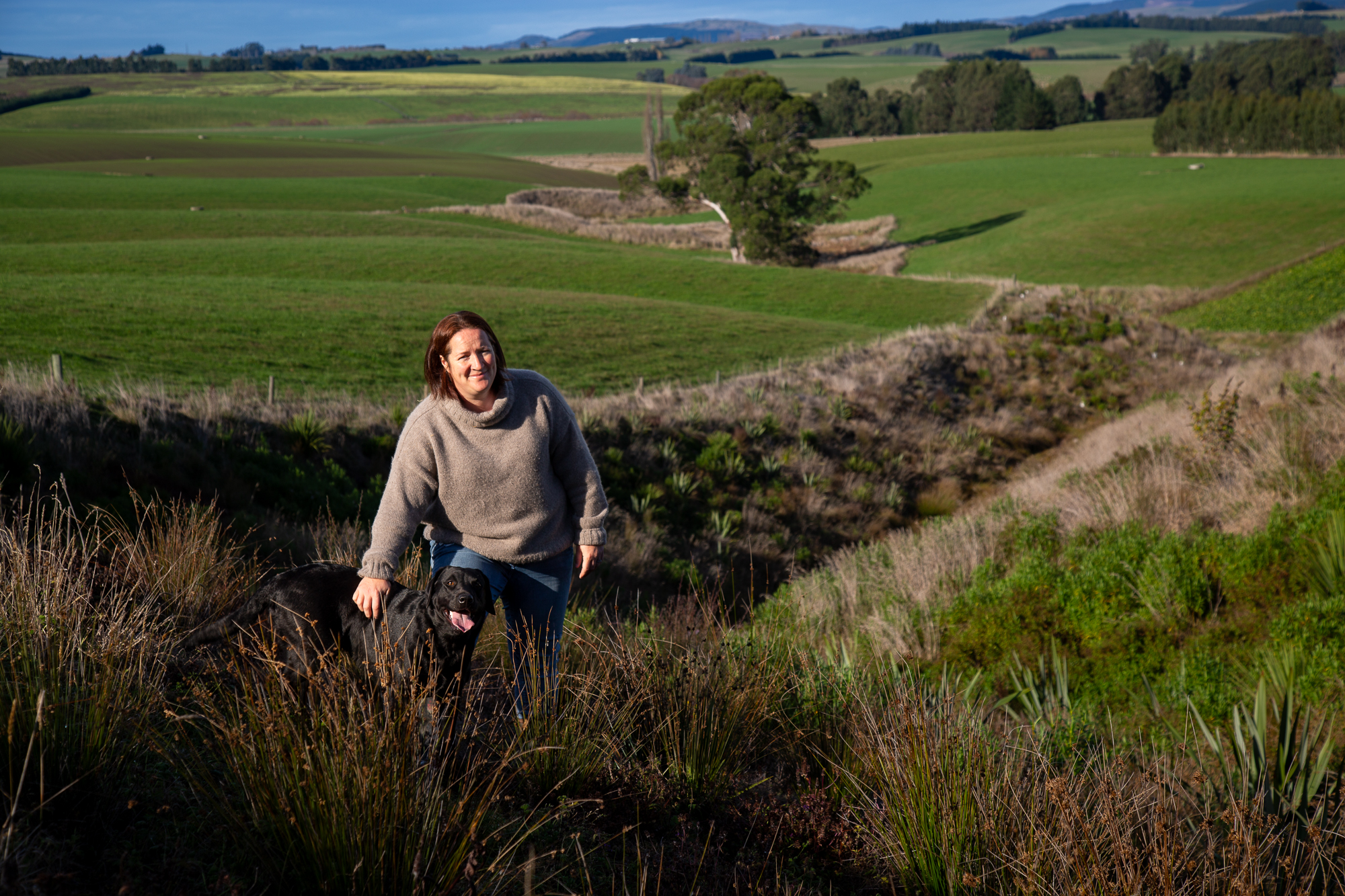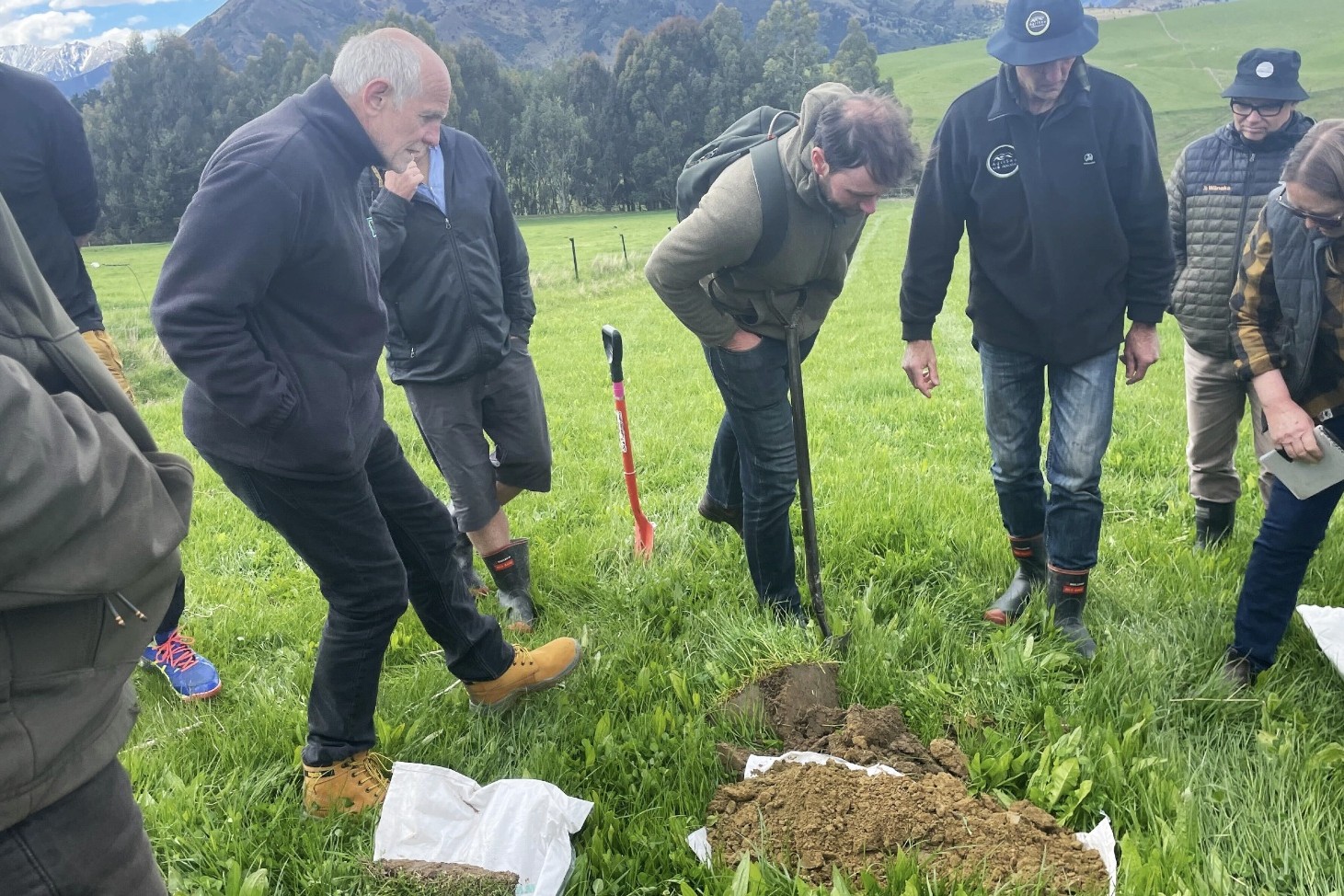James Hoban
Farmers coming away from Beef+Lamb-led meetings, informing them of a growing wave of environmental regulation, are still digesting the messages. There is no doubt most attendees are finding the detail of proposed legislation is far harder for their business to handle than they expected.
At a recent Cheviot meeting attendees were told that if this suite of regulation had been dropped on them during the period of economic change in the 1980s they would not have survived in farming. For those who have handled increasing compliance demands until now through farm assurance duplication, farm environment plans (FEPs), health and safety pressures and the zero carbon bill, let’s hope the freshwater reforms won’t be the figurative camel’s straw.
It is frightening to hear a respected middle-aged farmer say that without his wife taking care of the compliance side of the business he would leave farming because he couldn’t cope. Not everyone in his situation has that level of support with the business.
Under grandparenting, those who haven’t intensified their land use are disadvantaged to allow those who have intensified to continue relatively unscathed.
It needs to be noted that in its draft form the new freshwater policy does not impact sectors equally. Instead, it cements grandparenting which advantages some farmers while others pay the cost. Under grandparenting, those who haven’t intensified their land use are disadvantaged to allow those who have intensified to continue relatively unscathed.
The intensive landowners argue that they have invested in lawful farming, borrowed to do so and cannot be asked to put their business at risk by reducing their footprint too quickly or substantially. The argument of longer-term capital investment on sheep and beef farms does not seem to find a sympathetic ear.
While industry leaders are doing their best to present a united front, sheep and beef farmers are losing the ability to make incremental changes to their businesses. This makes succession harder, reduces property value and lowers equity. Lower equity means fewer options. Under grandparenting, protecting incremental generational investment is trumped by protecting those who have made relatively sudden large investment in farm systems which have created the water quality issues facing the country.
While our leaders assure us that the pan-sector hand-holding is in our best interests, it leads to the public lumping all farmers into one category. Only stronger sector leadership can influence the Government to prevent grandparenting laws which in the bluntest terms see people who have not created a problem paying for it so that those who have created the problem are not jeopardised.
Ironically it appears a moratorium on land use change could potentially prevent a dairy farm reverting to a less-intensive land use like sheep and beef.
Battles against a grandparenting approach to nutrient allocation have been fought for several years – perhaps most publicly in our Hurunui district and Waikato. It is hard to see what high emitters have lost during that time.
It is easy to see what low emitters, generally sheep and beef farmers, have lost. The decree issued from on high, in which Minister David Parker is essentially cementing grandparenting, pays scant regard to the widely acknowledged inequities associated with this approach to resource allocation.
The Minister argues that this is the first urgent step – halting decline in water quality by stopping further intensification. The second step where high emitters are asked to decrease their pollution will eventually follow.
Before Labour was in Government David Parker visited Hurunui and met with Zone Committee members, dairy, sheep, beef and deer farmers who had been involved in trying to replace grandparenting with fairer regulation. He was quizzed on whether a Labour Government would expect hill country streams to be fenced and answered along the lines that blanket fencing hill country streams was not practical.
When pushed further on whether a Labour/Green coalition would arrive at the same conclusion he said yes, because of the realities of hill country stream fencing. Now that fabled Government is in power and the picture looks slightly different.
Our family sold the long-term family farm for a larger hill country property because we could see the opportunities for future generations. We have one farm and are heavily in debt.
We are in survival mode. We have entered into a biodiversity project and have a long-term plan for fencing and planting natives and exotics for shelter, biodiversity and erosion management. This can only progress as the budget allows.
We have invested in environmental work since arriving on this farm but have had to prioritise. Extending reticulated stock water has meant creeks are no longer relied on for cattle. Two hundred poplar poles were planted on erosion-prone land above a stream this winter and new native shelter belts are in progress.
Our FEP includes long-term thinking and aspirations which can only be expressed without the threat of auditing. This document belongs to our family and we have included long-term actions which we have every intention of completing but only when time and funding allow. It is a challenge for audited FEPs and auditors to allow flexibility for long-term planning under budget constraints.
Funding is a finite resource so we are trying to spend it where it will make the most difference. This is typical of sheep and beef farms. In their draft form, the new freshwater policies will see us forced to waste money on compliance which will not improve our environmental footprint and therefore delay meaningful projects.
These compliance costs will include compulsory use of Overseer. On a relatively extensive farm with a low nutrient footprint the environmental benefits of using Overseer are limited.
Our industry-developed ECan-approved FEP becomes non-compliant under the draft policies and we will need to create a new FEP which will be audited by a certified farm environment planner. This lofty job title describes a position which does not yet exist and for which there is no established certification. If we use professional advice for our new FEP the cost will likely be $1000-$5000 (one-off) and an audit $1000 (annually).
Stream fencing is potentially the biggest cost looming for sheep and beef farmers under the new rules. There are various triggers requiring stock exclusion from streams – one being the slope of the land.
The Ministry for the Environment has a GIS mapping tool showing gently sloping land on which waterways would be required to be fenced. The tool is as blunt as many desktop mapping exercises used for regulation have proven to be.
In our case we have flat paddocks with streams not mapped, surrounding areas that are captured on the map but which are flat with no streams. To make a meaningful difference to water quality we already plan to fence some stream sections which ironically we will not be required to.
While we are yet to fully cost the impact on our business of these proposals, it is not an understatement to say they have taken some of the fun out of farming this spring.
- Maria and James Hoban farm a 770-hectare hill country property in North Canterbury with their children and his parents. He spent more than six years working as a land management adviser and helped more than 300 farmers complete FEPs.




